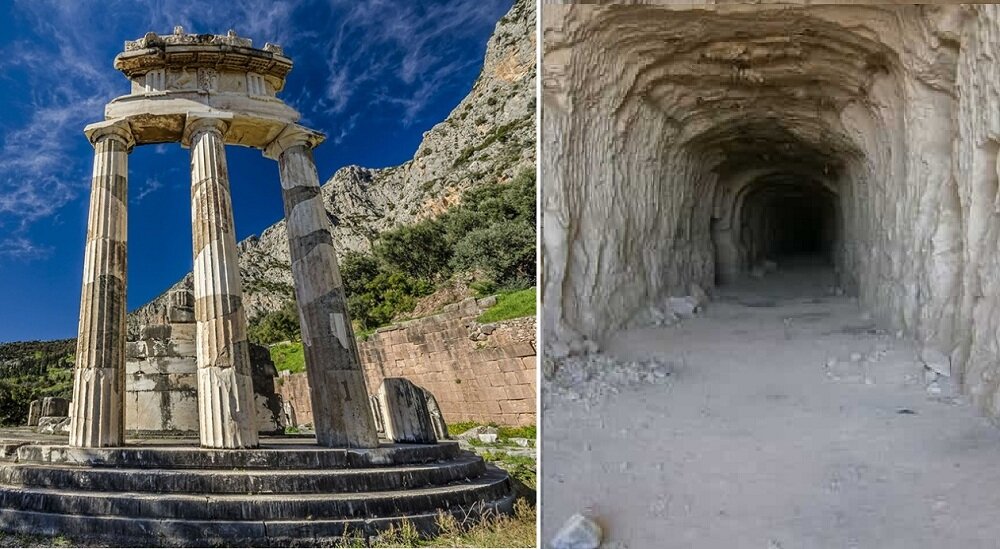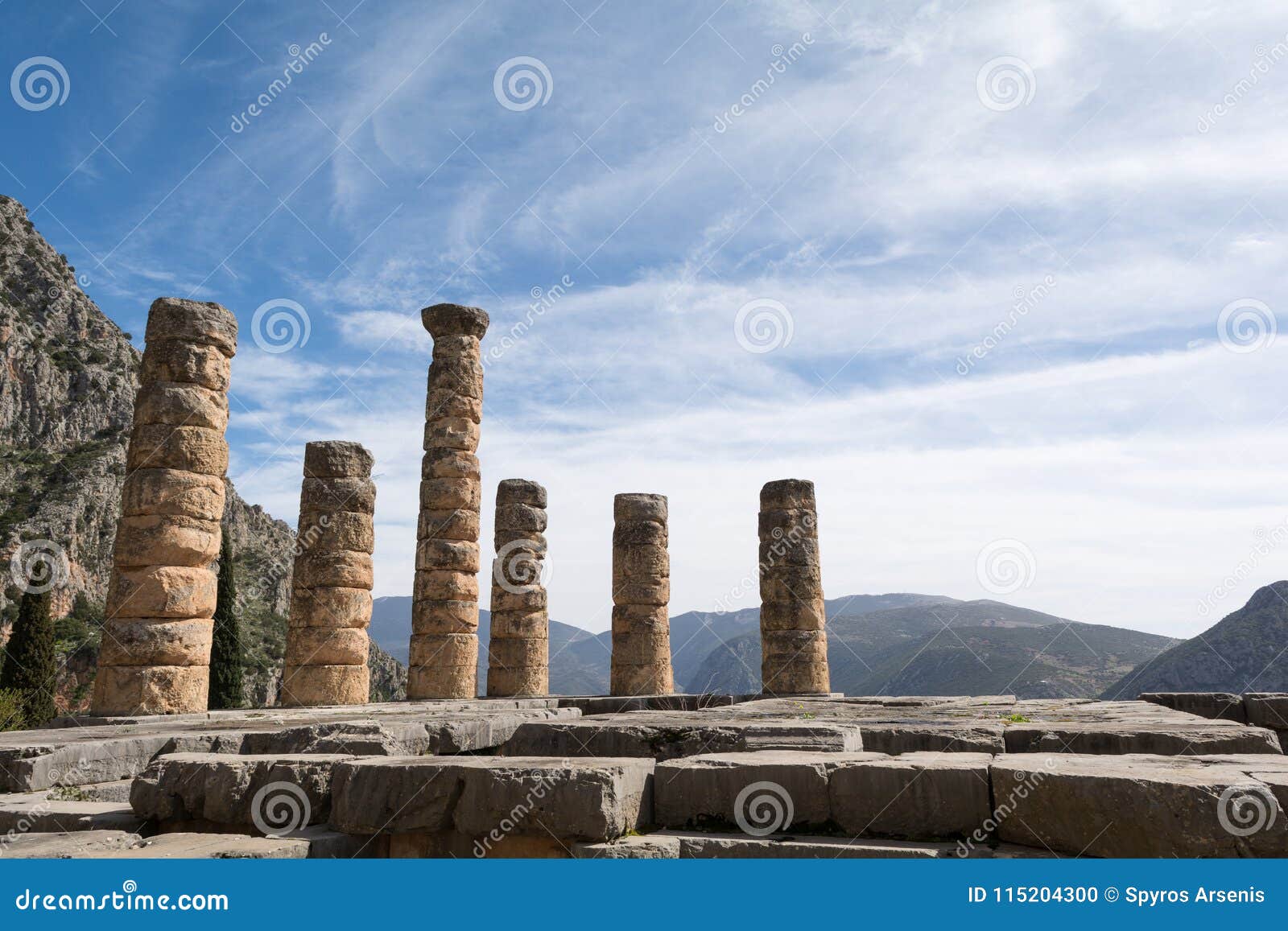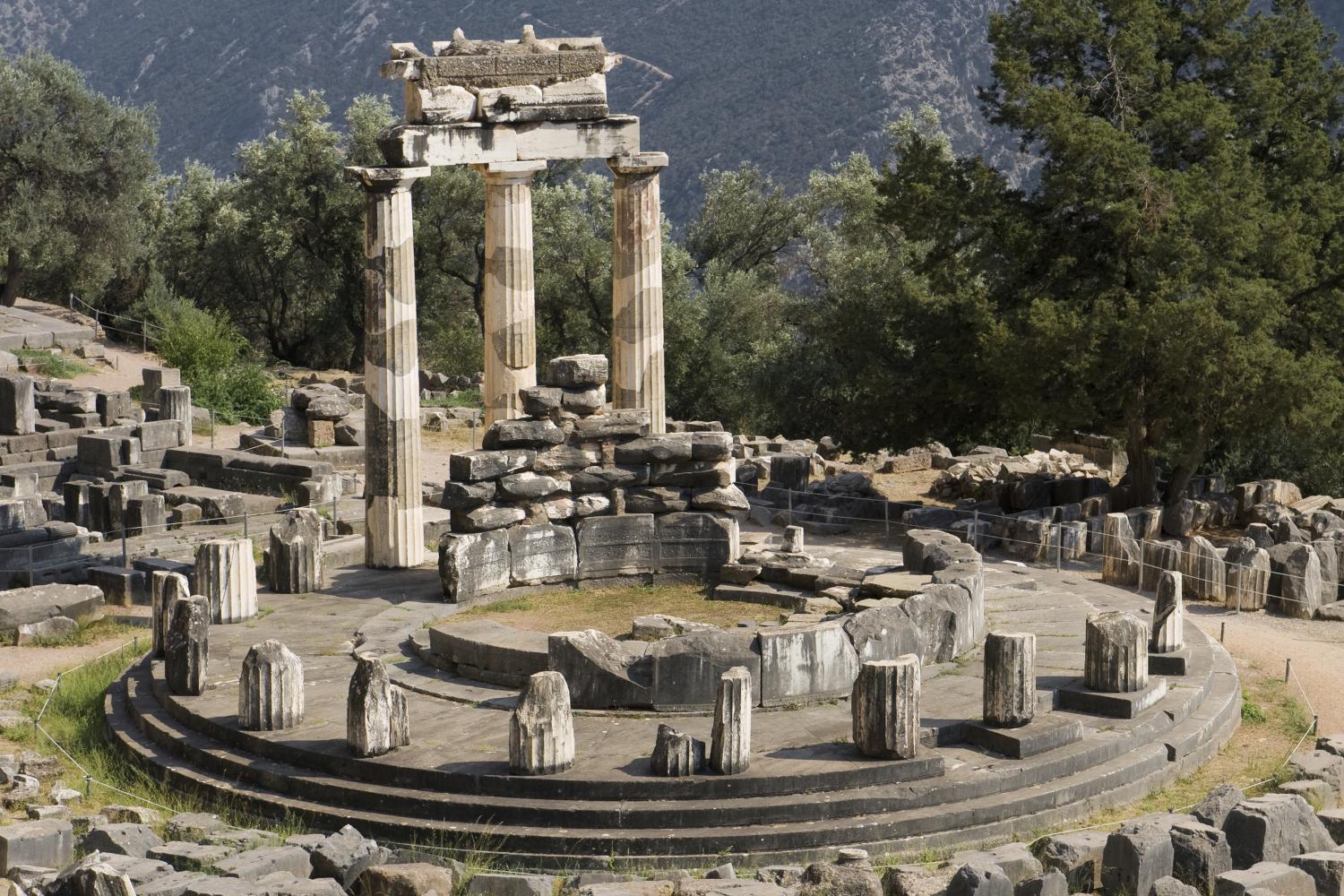

After several failed attempts to take a city, he remembered the oracle. Phalanthus of Sparta, for example, received a prediction that he would win both a city and a territory “when rain falls from cloudless sky”. Most likely they are the product of oral tradition spun around events that may or may not have really happened at Delphi and elsewhere.Īs a result, many oracles are like poetry in the often astonishing and exhilarating ways their central images and metaphors always and invariably find a specific referent in the world: figurative and concrete, allusive and illusive. The oracles that have come down to us – around 600 questions and answers from Delphi preserved in a wide range of historical and literary texts and in the form of inscriptions – are not the result of some drug-induced state of mind. One thing, however, is clear as soon as one considers the prophecies themselves. The mystery lives on – as do the vapours. This theory, based on late, unreliable and misunderstood evidence, has once again been reignited by new geological research in the area of Delphi demonstrating the presence of light hydrocarbon gases, which are known to have hallucinogenic effects. Was the answer obvious to them? Or was this, perhaps, a religious secret not to be discussed? Whatever the case, for years, the theory that the Pythia was “inspired” by vapours emerging from the ground has fascinated present-day visitors of the ancient oracle. King Aegeus consults the Pythia, who is seated.

They did not ask – let alone answer it for us in any satisfying way. Interestingly, the ancients themselves seemed entirely oblivious to the “how”.

Surely there is a secret to be revealed? A mystery to be uncovered? Or at least a clever trick to be unmasked? How did the Pythia deliver the prophecies? Modern visitors to the oracle are obsessed by the question. The questions asked at Delphi and at the numerous other oracular centres of the ancient world reveal as much about the enquirer as the capacity of the Pythia to anticipate past, present and future events. He had the prediction he wanted.Įveryone, it seems, got the oracle they deserved. When he tried to drag the priestess into the temple by force, she cried, “You are invincible, youth!” – whereupon Alexander turned around and left. Yet “no” was never an option for Alexander. The Pythia declined to deliver prophecies. He was told to “beware of the 73rd year” and so considered himself safe, but was murdered shortly after by Galba who was – you guessed it – 73 years old.Īlexander the Great did not even get to ask a question, arriving at the oracle on a day it was closed. The neurotic Roman emperor Nero, meanwhile, tried to learn the timing of his own death from the Delphic oracle.
#ORACLE AT DELPHI HOW TO#
Yet what did this really mean – that Socrates was indeed the wisest person in the world or that there was someone equally knowledgeable? Another predictable question is the one Cicero asked: how to become famous. Socrates’ friend Chaerephon enquired whether anyone was wiser than Socrates. Wikimedia CommonsĪmong those consulting the oracle were some of the most (in)famous and illustrious individuals of the ancient world. The Priestess of Delphi by John Collier, 1891.


 0 kommentar(er)
0 kommentar(er)
